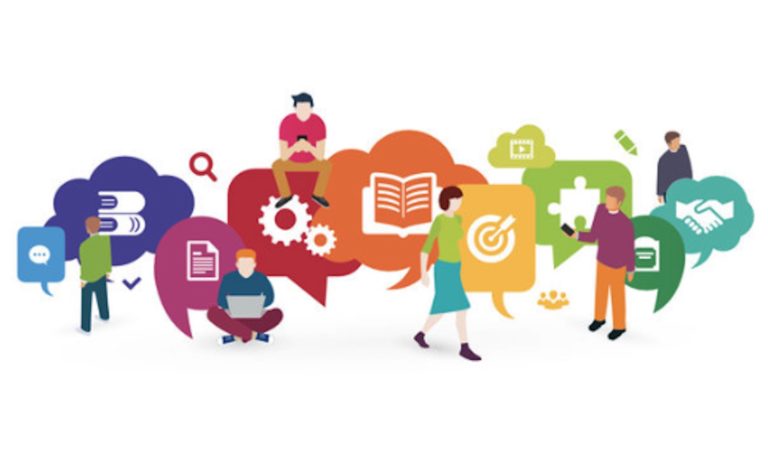How to look for partners that bring value without running into the usual mistakes that waste time, energy and enthusiasm?
We have all gone through this. Working at school or at work in a team with unreliable and lazy colleagues and ending doing all the job by ourselves. Unfortunately the same might happen while working on an Erasmus+ project, that’s why it’s crucial to choose partners well! In this comprehensive guide you’ll discover:
- which tools to use to find a project partner
- how to evaluate if the partner we found is suitable for us
Before you start looking for a partner, you need to make sure that your project topic is clear – this will help you to choose a relevant partner, an expert being able to contribute at his best.
Below you’ll find the list of the PARTNER FINDING TOOLS:
1. Otlas by SALTO-YOUTH
European Commission’s online platform is well known to anyone working within Erasmus+ youth projects. You can find there many useful resources and one of them is a partner finding search engine. They claim to have a database of 11755 organisations doing 6926 projects.
https://www.salto-youth.net/tools/otlas-partner-finding/
2. EUPARTNERSEARCH
A free service to foster the exchange of ideas and partnership aiming the improvement of collaboration among European entities as well as the development of new practice for training and education. It is based on Erasmus + Calls but it will include in future more opportunities.
3. LinkedIn
This social professional network offers an opportunity to search for related groups and then to contact directly people who posted the announcement in order to discuss the details of the project and the potential cooperation. Furthermore, it gives you an access to some information about the person/organisation, like their professional development and past projects. LinkedIn is good also for those, that are searching for professional contacts so as to share experience and ask for advice.
The 5 biggest groups* to search for partners and to exchange experiences on LinkedIn are:
- Erasmus Plus Partner Finding – https://www.linkedin.com/groups/4287623/
- Erasmus Plus: EU Funds for Education, Culture, AudioVisual, Media, Youth & Sport – https://www.linkedin.com/groups/4235201/
- Erasmus Plus – https://www.linkedin.com/groups/5080110/
- Erasmus Plus Projects – https://www.linkedin.com/groups/6562860/
- Erasmus + For All – https://www.linkedin.com/groups/4250154/
4. Facebook
Nowadays Facebook not only serves for leisure purposes, but also for professional ones! Here are 5 biggest groups* to look for partners (and also for participants for your projects):
- Erasmus Plus Projects – https://www.facebook.com/groups/211479949023086/?ref=br_rs
- Erasmus+ partner search – https://www.facebook.com/groups/eramus.plus/
- Erasmus+ partner search – https://www.facebook.com/groups/erasmusplus.partners/
- Erasmus+ Partnerships Platform – https://www.facebook.com/groups/1396451860652137/
- Erasmus – https://www.facebook.com/groups/101553117030370/
*Both lists are ordered by size.
5. Lifelong Learning Platform
It’s an umbrella that gathers 42 European organisations active in the field of education, training and youth. Currently these networks represent more than 50 000 educational institutions and associations covering all sectors of formal, non-formal and informal learning. Their members reach out to several millions of beneficiaries.
http://lllplatform.eu/what-we-do/eu-projects/
If you still cannot find online the suitable partner, you shall contact a National Agency of the destination country. They will guide you in terms of good places where to find partners and which criteria to follow in the procedure of selection. Those Agencies can also share contacts of different organisations’ representatives.
Moreover, you can apply to participate in one of the various Erasmus+ networking projects which aim to help finding potential future partners face to face!
What next? You found a few potential partners and now you need to decide which one(s) to pick. Here are a few questions that answering will (almost) guarantee that you don’t later have to disentangle:
➢ VISIBILITY: do they have an active website and accounts on different social media (Facebook, Instagram..)?
➢ COMMUNICATION: are they responding to e-mails in time, clearly and completely?
➢ STAFF: do they have enough staff to take a good care of all the projects? Are they experts in what they do?
➢ EXPERIENCE: what were they previous projects? Were they related to the topic of yours? Were they successful?
Once you have a trusted, reliable partner, rely on his opinions about the project proposal: fill in the form together or modify it according to his suggestions (maybe by a skype-call, so you can know each other „face to face”).
Ideally everyone would contribute to the project’s success. Good luck!
Click here to find out more and see how we can collaborate!
https://ormasite.it/ormaeurope/



